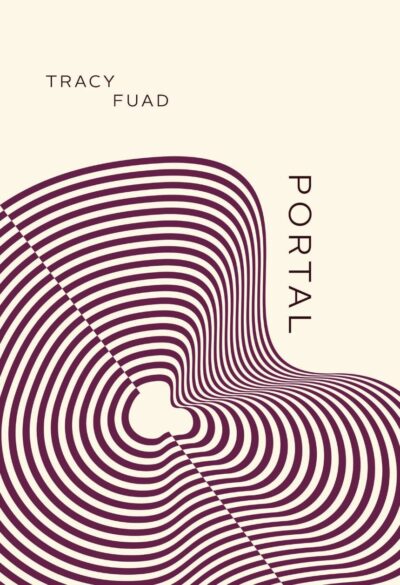Interviews
Conversations between writers about their art and craft.
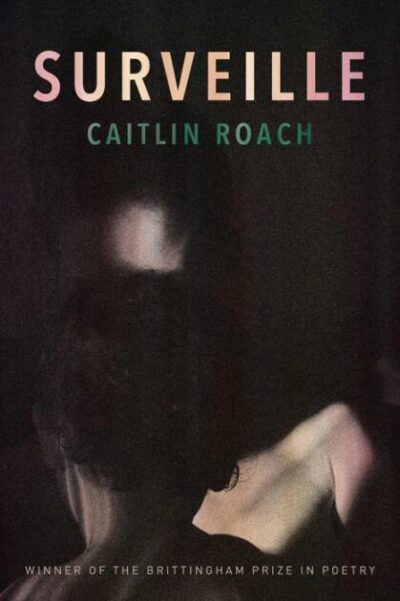
Interview // “On the Verbs of Looking”: A Conversation with Caitlin Roach

Interview // “War Poesis”: A Conversation with Oksana Maksymchuk
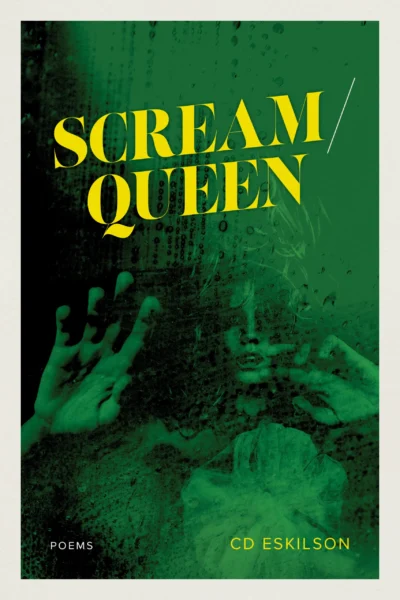
Interview // “Demonstrating / Monster”: A Conversation with CD Eskilson
Interview // “A furious dialogue of song”: A Conversation with Oisín Breen
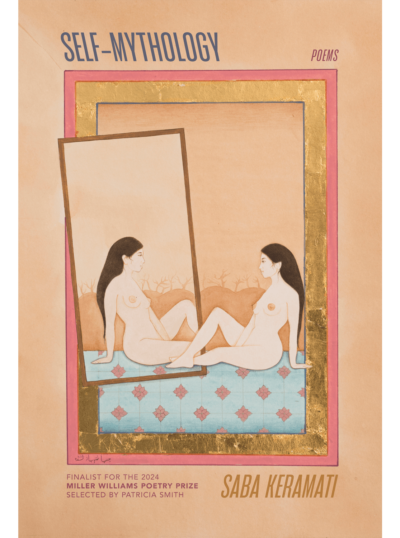
Interview // “Gazing Into the Self”: A Conversation with Saba Keramati
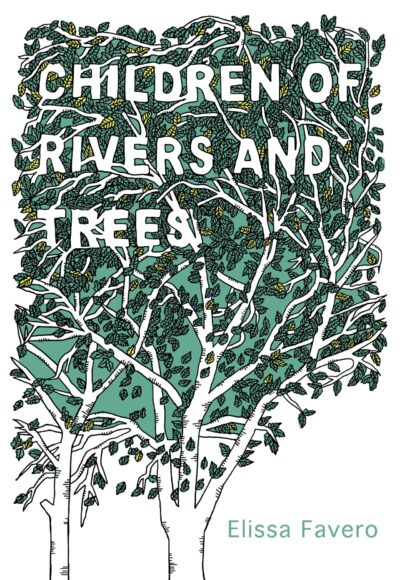
Interview // “A Line of Descent”—A Conversation with Elissa Favero
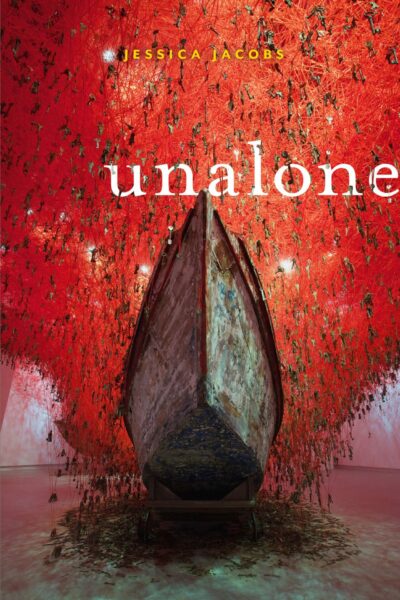
Interview // “Making Room for Mystery”: A Conversation with Jessica Jacobs

The Legacy Suite: Field of Yellow, Field of Knowing
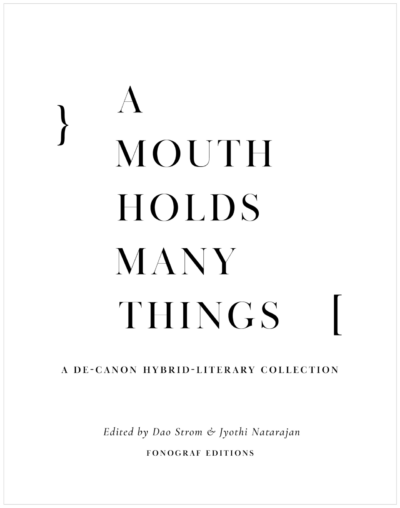
A Mouth Holds Many Things: A Conversation with Stephanie Adams-Santos, Jennifer S. Cheng, and Cindy Juyoung Ok
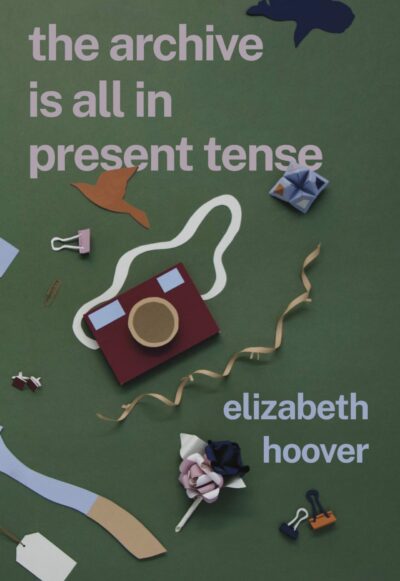
Interview // “Dance Anthem for Freedom and Play”: A Conversation with Elizabeth Hoover
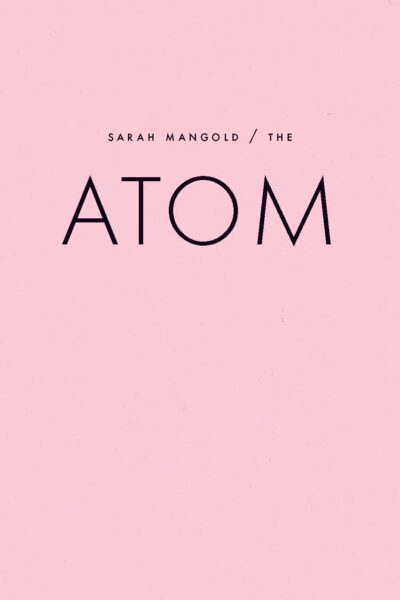
Interview // “The Poet as Perceptual Instrument & The Form as an Invitation”: A Conversation with Sarah Mangold
